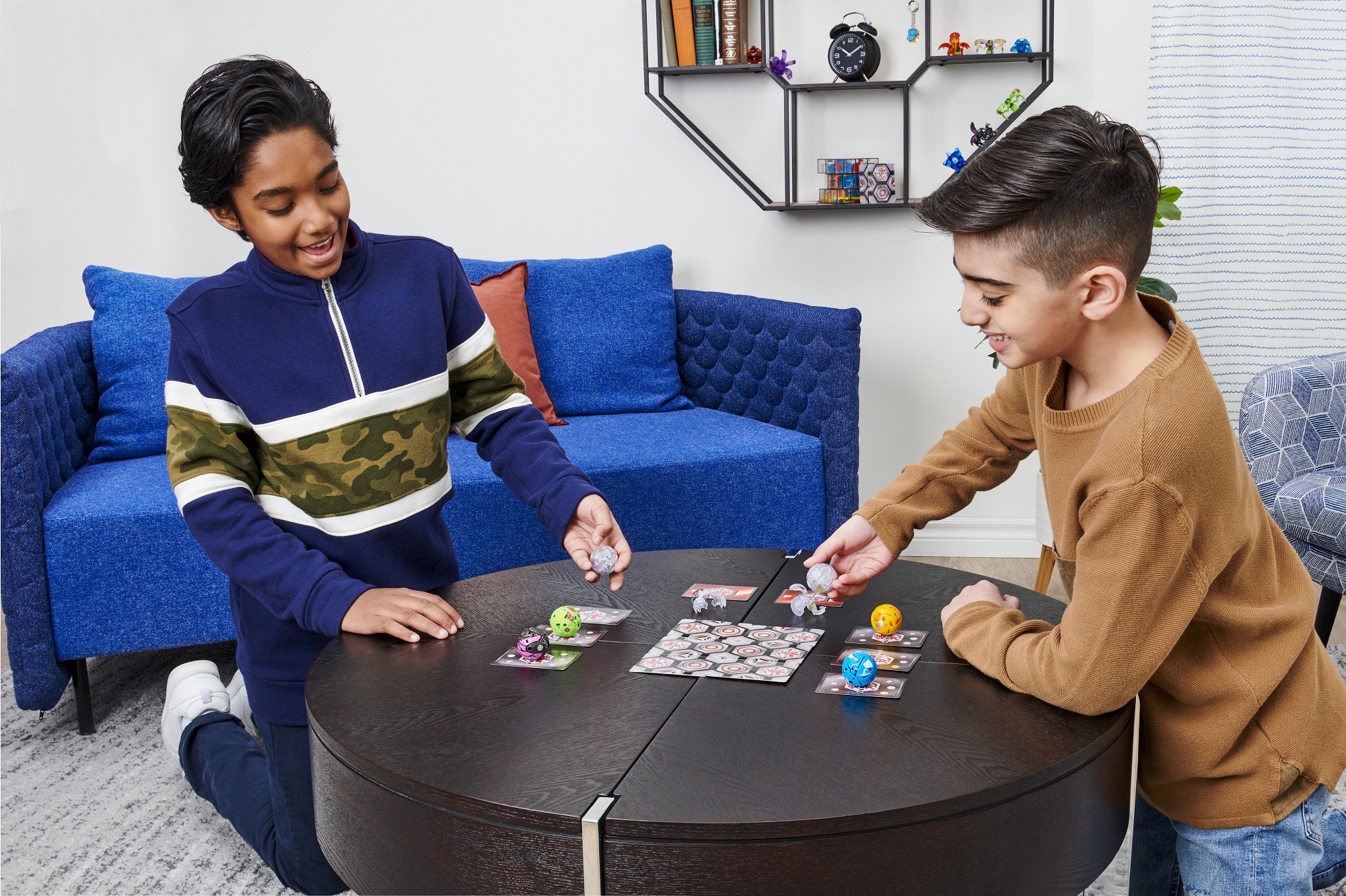Friendship is one of the most enriching parts of life—and it begins far earlier than most people realise. For children in their early years, forming friendships isn’t just fun; it’s essential for their emotional, social, and cognitive development. Whether it’s sharing crayons, giggling on the swings, or learning how to take turns, the experience of friendship helps shape how children see the world and themselves.
As parents and educators, understanding how friendships develop—and how to support them—is key to nurturing happy, confident, and connected children.
✨ Why Friendships Matter in the Early Years
Healthy friendships during early childhood lay the groundwork for lifelong social and emotional wellbeing. These first peer relationships teach important life skills such as:
- Empathy and compassion
- Emotional regulation
- Cooperation and sharing
- Problem-solving and conflict resolution
- Communication and language development
According to research from the Early Childhood Learning & Knowledge Center (ECLKC), positive social interactions in early childhood are linked with better mental health, improved academic performance, and stronger resilience later in life. Children who have close friendships tend to feel more secure and less anxious, with higher self-esteem and stronger identities.
Friendship also helps young children begin to understand how others feel. By learning how to listen, compromise, and respond with kindness, children build emotional intelligence—a critical life skill that will serve them in school, relationships, and beyond.
🧠 How Children Learn to Make Friends
Children don’t automatically know how to be friends. Just like reading or riding a bike, social skills develop over time with practice, encouragement, and modeling.
In the earliest years (around age 1 to 2), children engage in parallel play, where they play beside other children without direct interaction. This is a key developmental stage. As they approach age 3 and beyond, children begin engaging in associative play and cooperative play—talking, sharing, and creating shared games with peers.
By age 4, many children can name specific friends and differentiate between familiar children and “best friends.” They begin to show early signs of loyalty and preference, often forming strong attachments that are based on shared interests or personalities.
Some children are naturally outgoing, while others are more reserved. Both styles are completely normal. What matters most is providing the right environment to help each child feel safe and supported as they navigate the complex world of friendships.

Ways Parents and Educators Can Help
Helping children make and maintain friendships doesn’t mean forcing connections or scheduling endless playdates. Instead, it involves thoughtful guidance, observation, and emotional support.
Here are a few practical ways you can help:
1. Model Positive Social Behaviour
Children learn by watching the adults around them. Let your child see you interacting kindly with friends, resolving conflicts respectfully, and speaking positively about others.
Tip: Avoid gossip and use affirming language about your own friendships.
2. Create Opportunities for Play
Encourage your child to engage in small group play. Start with just one or two peers to avoid overwhelming them. Choose settings where your child feels safe and supported.
Idea: Arrange a casual visit to the park or a shared sensory play activity.
3. Use Gentle Guidance and Praise
Help your child learn how to ask questions, join in play, and express their feelings. Praise their positive behaviours specifically:
“I saw how nicely you shared your toy with Mia. That was really kind of you!”
4. Celebrate Their Social Personality
Every child is unique. Don’t compare your child to others. Whether they make friends easily or need more time, honour their pace.
Reminder: Some children take longer to feel comfortable in groups. That’s okay!
5. Stay Close (But Not Too Close)
Offer support from a distance during play, stepping in only when needed to help solve misunderstandings or redirect unkind behaviour.
⚠️ Common Challenges (and What to Do About Them)
Even in the happiest childhood moments, bumps in the road are normal.
Children may argue, exclude others, or feel rejected. They may act out if they feel frustrated or misunderstood. As adults, it’s important not to shame or punish a child for struggling socially but to support them in developing better ways to communicate and connect.
When a child pushes or yells, calmly explain: “We use gentle hands. Let’s tell our friend what we need with words.”
🚩 When to Step In or Seek Support
If your child consistently:
- Avoids playing with others
- Seems anxious or distressed around peers
- Is often excluded or bullied
- Struggles to express emotions without aggression
…it may be time to gently intervene. Start by talking to your child in a calm, open-ended way: “I noticed you seemed sad when the other kids were playing. Want to talk about it?”
If needed, reach out to educators, child psychologists, or pediatricians for guidance. Early intervention can make a world of difference.
🌱 The Lifelong Impact of Early Friendships
Establishing and navigating friendships in the early years is a powerful developmental experience. These early social milestones help shape a child’s confidence, communication, and resilience—skills that are essential throughout life.
With your love, patience, and encouragement, your child can learn to build healthy relationships that nurture not just their early years but their entire future.
——
Simone O’Brien owns Treasured Tots Early Education which operates three highly successful childcare centres in Perth, Western Australia.
She has been in the childcare industry for 14 years and has established Treasured Tots as the benchmark for quality childcare in Perth.
Simone qualified with a Diploma in Children’s Services and worked in childcare for a couple of years before recognising a dire need for childcare that offered families a loving, nurturing, supportive and warm ‘home away from home’. This prompted her to open her first childcare centre in Perth in 2011 at only 22 years of age.
Treasured Tots now has three childcare centres in Mandurah, Bibra Lake and Fremantle.
Simone is an active member of the Australian Child Care Alliance (ACA), a not-for-profit, member-funded organisation that advocates for the future of Australia’s children.









